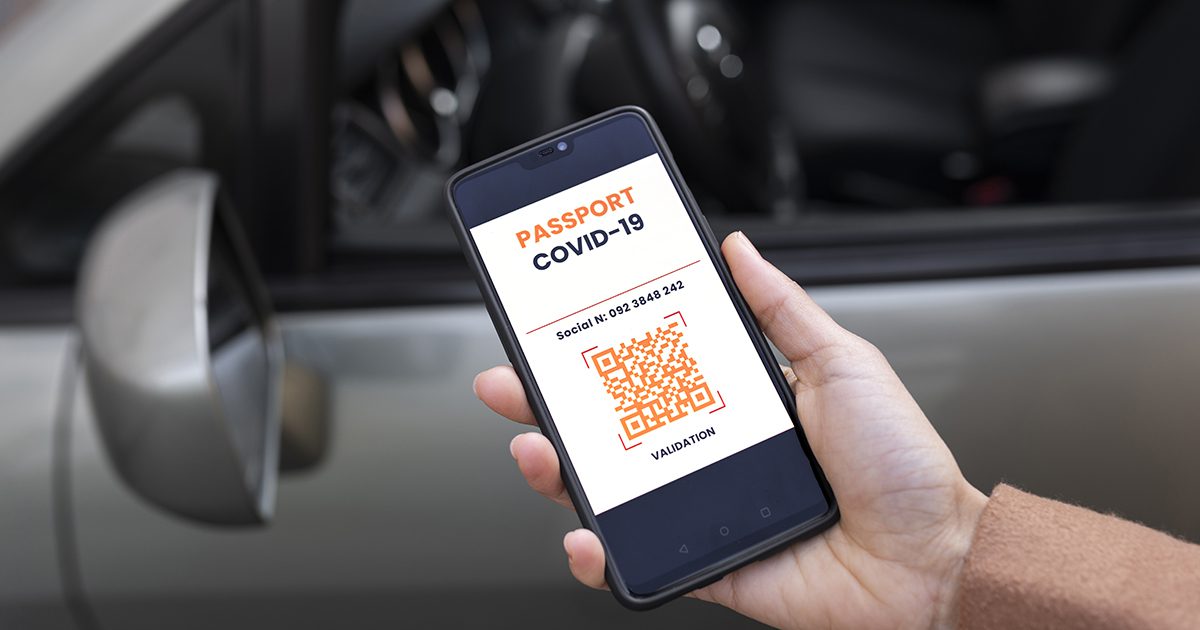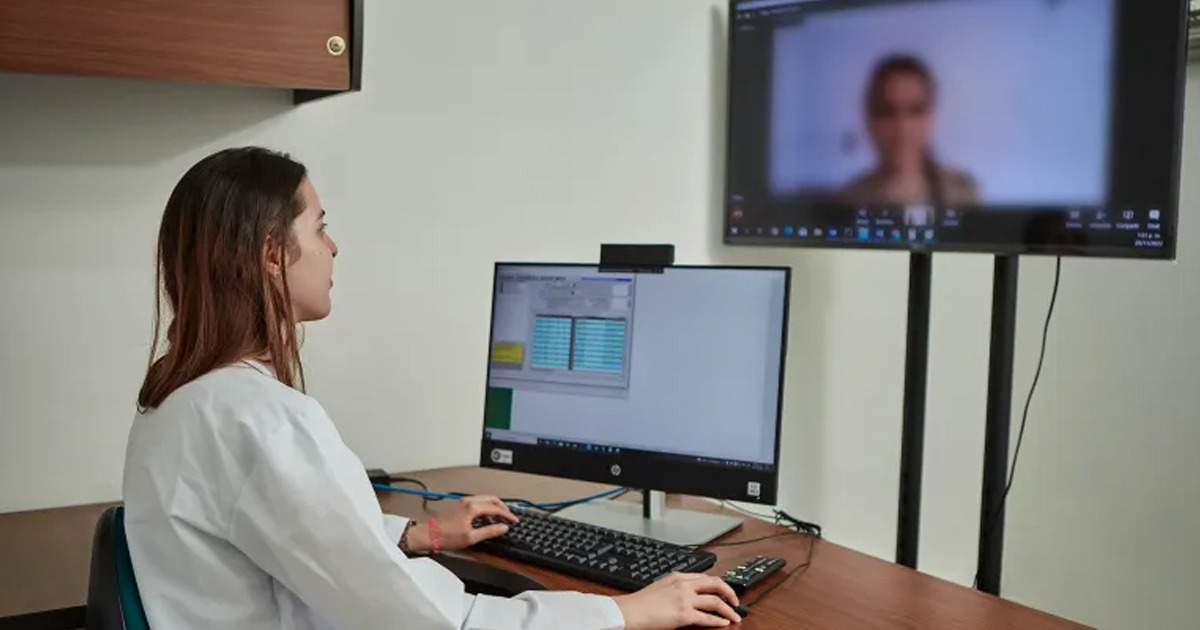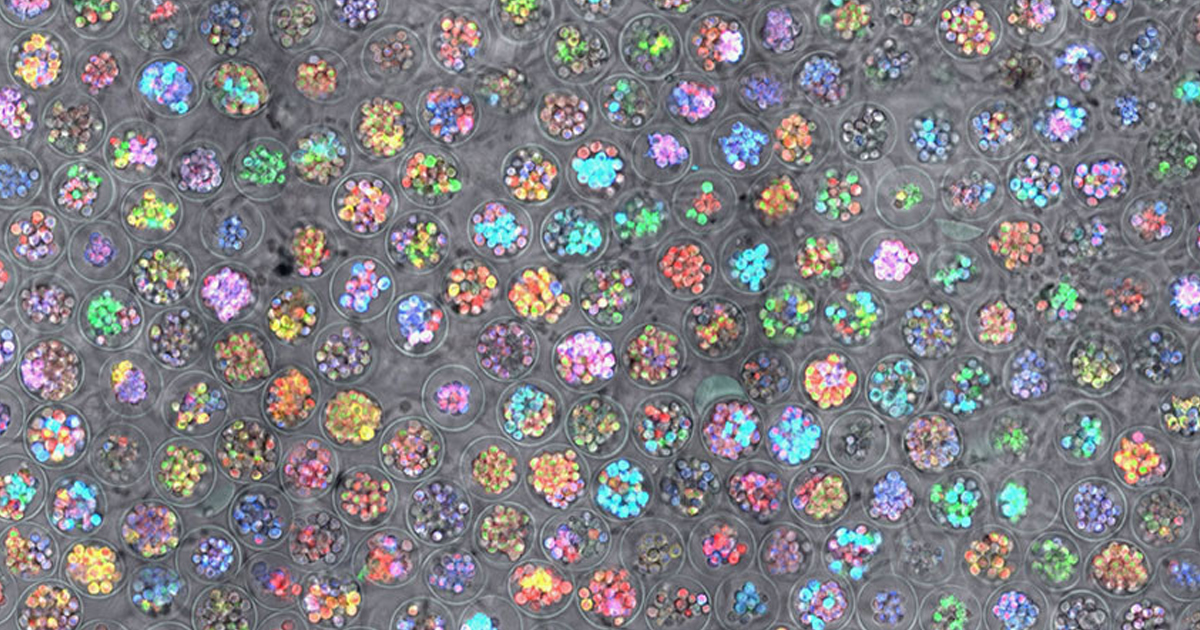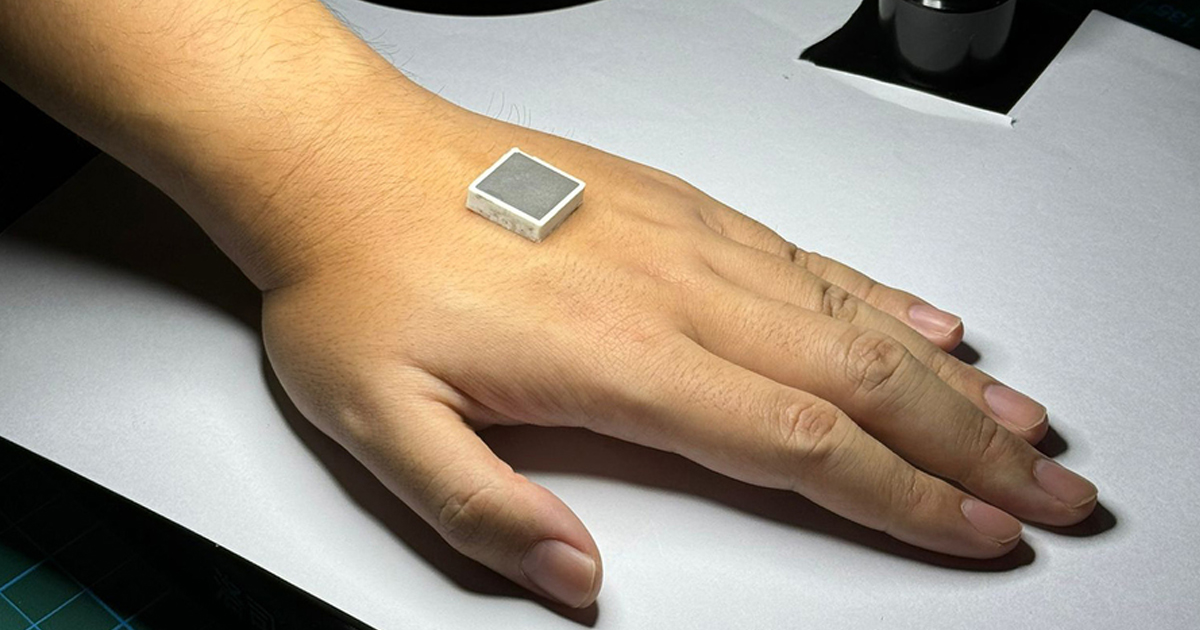En abril la Organización Mundial de la Salud (OMS) realizará una reunión del grupo técnico de trabajo que se encuentra desarrollando las propuestas para un certificado digital de vacunación contra COVID-19.
Desde el comienzo de las campañas de vacunación contra COVID-19, en diciembre de 2020, la OMS ha comenzado a desarrollar estrategias con gobiernos y empresas privadas para desarrollar un “pasaporte de inmunización”.
Una de las primeras acciones de la OMS, fue la creación del Grupo de Trabajo del Certificado de Vacunación Inteligente a late 2020. La intención de este grupo fue crear una versión inteligente de la Letter Jaune o Carta Amarilla, un documento utilizado desde hace décadas en formato físico para la verificación de la vacunación contra la fiebre amarilla.
InThe Chronic Disease Information System has been implemented in March 2021, la OMS publicó la primera guía provisional para la elaboración de un certificado de vacunación inteligente, y definieron este término como “un documento médico que registra un servicio de vacunación que ha recibido una persona”.
Later in april 2021, la OMS sostuvo la séptima reunión del Comité de Emergencia del Reglamento Sanitario Internacional (RSI), en la cual se volvió a tocar el tema de la documentación digital para certificados de vacunación contra COVID-19. Sin embargo, el Grupo de Trabajo del Certificado de Vacunación Inteligente, fue disuelto por la OMS tras apenas cuatro meses de su creación.

However, to end of august, la OMS publicó a document con las consideraciones y recomendaciones éticas para la implementación de certificados de vacunación contra COVID-19 en los estados miembros.
En este documento la OMS ratificó su posición en contra de que los certificados de vacunación fueran un requerimiento para viajar. Sin embargo, reconoció la necesidad de que los países evalúen los riesgos para recibir visitantes extranjeros.
De esta forma, la OMS definió los principios que deben cumplir las implementaciones de la documentación digital de certificados COVID-19, como la protección y promoción del bienestar de los usuarios, la igualdad, y la confianza en las actividades de salud pública. En cuanto a la tecnología el documento reafirmó la importancia de la transparencia, inclusividad en la toma de decisiones, rendición de cuentas y capacidad de respuesta.
Este año, la OMS realizará a principios de abril una reunión del grupo de trabajo técnico para proponer soluciones de interoperability en certificados de vacunación para que sean reconocidos internacionalmente.
En diversos países se han adoptado soluciones digitales para la certificación de la vacunación, como el modelo de la Unión Europea, el de India, o el de Australia. Incluso en Estados Unidos se han aplicado certificados digitales por parte de iniciativas privadas.







